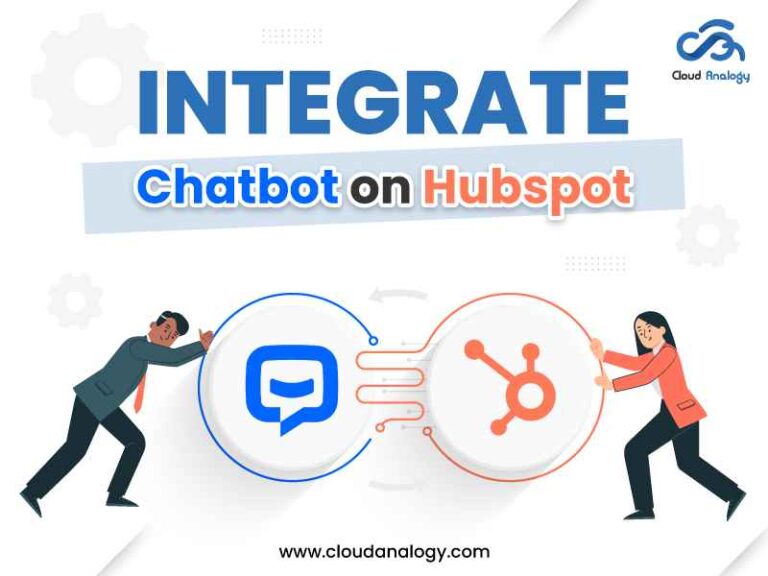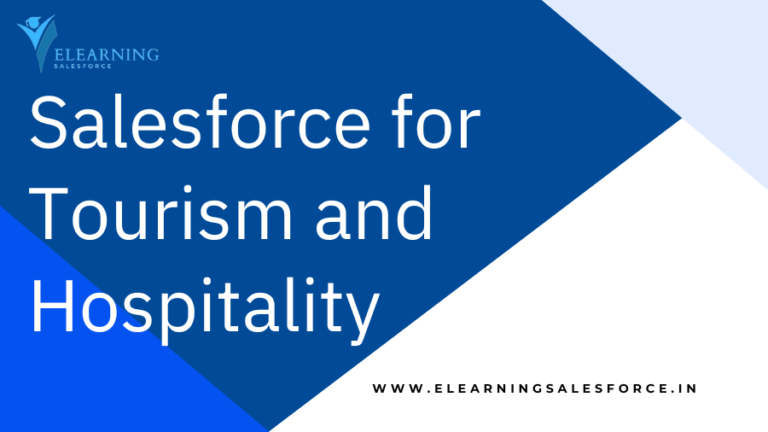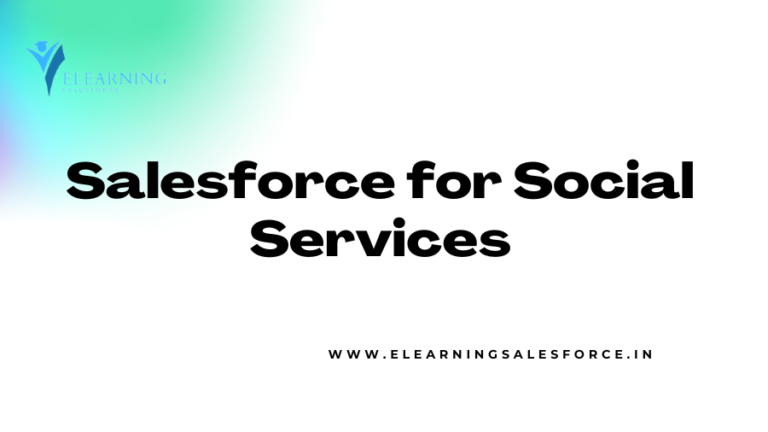Unleash the power of the Salesforce Development platform! This comprehensive FAQ guide, crafted by Salesforce development experts, answers all your burning questions (…like essential skills, career paths, and avoiding common pitfalls). Master Salesforce development and take your career to new heights!
Have you ever felt the frustration of being stuck with a customer relationship management (CRM) system that doesn’t quite fit your needs? Imagine the power of transforming Salesforce, a leading CRM platform, into a fully customized tool that perfectly aligns with your unique workflow and elevates your sales, marketing, and customer service to new heights. That’s the magic that Salesforce development unlocks! This in-demand field is experiencing explosive growth, offering lucrative careers for skilled developers who can bridge the gap between business needs and the Salesforce platform. But where do you even begin? Whether you’re a seasoned programmer looking to expand your skillset or a complete newcomer eager to break into the exciting world of Salesforce development, this comprehensive FAQ guide is your one-stop shop for all the answers. We’ll delve into the essential skills you need to master, explore rewarding career paths, and address your most pressing concerns – all with the invaluable insights of Salesforce development experts guiding you every step of the way. So, buckle up and get ready to conquer Salesforce development – your path to a fulfilling career filled with innovation and impact starts now!
Essential Skills for Salesforce Development
Equipping yourself with the right skillset is fundamental to thriving in Salesforce development. Here’s a breakdown of the core programming languages and concepts you’ll need to master to unlock the full potential of the Salesforce platform:
Apex Programming: The Engine Behind Your Salesforce Applications
Apex, Salesforce’s proprietary object-oriented programming language, acts as the powerhouse driving custom functionalities within the platform. Similar in syntax to Java, Apex empowers you to create robust business logic, automate processes, and integrate with external systems. Here’s a deeper dive into what makes Apex so crucial:
- Building Scalable Applications: Apex boasts a robust object-oriented structure, allowing you to develop modular and reusable code components. This promotes clean code practices, simplifies maintenance, and ensures your applications can seamlessly scale alongside your growing business needs.
- Data Manipulation Made Easy: With Apex, interacting with Salesforce data becomes a breeze. You can leverage powerful data manipulation statements (DML) like insert, update, and delete to manage and modify records within the platform. Additionally, Apex provides comprehensive tools for querying data using Salesforce Object Query Language (SOQL), enabling you to retrieve specific information tailored to your requirements.
Common Career Paths in Salesforce Development
The world of Salesforce development offers a diverse landscape of career paths, allowing you to tailor your expertise to your specific interests and goals. Here’s a breakdown of some of the most sought-after roles:
Salesforce Developer: The Code Architect
Salesforce Developers are the backbone of any Salesforce customization project. They possess a deep understanding of the Salesforce platform, coupled with strong programming skills in Apex, Visualforce, and Lightning Web Components (LWC). Their primary responsibility lies in designing, developing, and implementing custom applications, automations, and integrations that extend the functionality of Salesforce to meet the unique needs of a business.
- A Day in the Life: A typical workday for a Salesforce Developer might involve collaborating with business analysts and stakeholders to understand their requirements, translating those needs into technical specifications, writing clean and efficient Apex code, crafting user-friendly interfaces using Visualforce or LWC, and rigorously testing their creations to ensure flawless functionality.
- Career Progression: As a Salesforce Developer gains experience, they can progress to senior developer roles, take on leadership positions within development teams, or specialize in specific areas like Salesforce mobile app development or data integration. Expert answers to Salesforce Developer FAQs, FAQs about Salesforce Developer expertise, Insider insights into Salesforce Developer training.
Q: What are the prerequisites for becoming a Salesforce developer?
A: Solid Programming Foundation: While Salesforce offers its own set of languages, a basic understanding of programming concepts is a significant advantage. Familiarity with object-oriented programming principles and a language like Java will give you a strong foundation for grasping Apex syntax and logic.
B: CRM Savvy: Having a good grasp of Customer Relationship Management (CRM) best practices will prove invaluable. Understanding the core functionalities of a CRM system like Salesforce and the challenges businesses face in managing customer relationships will allow you to approach development tasks with a more holistic perspective.
Salesforce Development Experts Weigh In:
“Many new developers underestimate the importance of understanding core CRM concepts,” says Sarah Jones, a veteran Salesforce developer. “Being able to see the bigger picture and translate business needs into technical solutions is a key differentiator.”
“Don’t be discouraged if you don’t have extensive programming experience,” encourages David Lee, a Salesforce development team lead. “Salesforce offers a wealth of resources for beginners, and the Trailhead platform is a fantastic place to get started with the fundamentals.”
Conclusion
The world of Salesforce development is brimming with opportunity, offering a lucrative career path for those with the right skills and drive. This comprehensive guide has equipped you with the essential roadmap to navigate this exciting field. We’ve explored the in-demand programming languages like Apex, Visualforce, and LWC that will empower you to craft powerful applications that extend the capabilities of Salesforce. You’ve gained insights into the diverse career paths available, from Salesforce Developer to Architect, allowing you to tailor your expertise to your specific goals. We’ve even tackled common concerns and provided expert advice to help you overcome any initial hurdles.
Remember, the key to success in Salesforce development lies in taking action. Sign up for a free Salesforce Developer Edition today and begin your journey on the Trailhead learning platform. With dedication and the wealth of resources available, you’ll be well on your way to mastering this transformative skillset and unlocking a world of possibilities within the Salesforce ecosystem. The future of Salesforce development is bright – are you ready to be a part of it?
if you are interested in this blog
Current Date in SAP Business One HANA
SAP UI5 And Fiori: Die Optik von SAP
The Salesforce Developer Journey: Addressing Your Most Important FAQs (2024)




